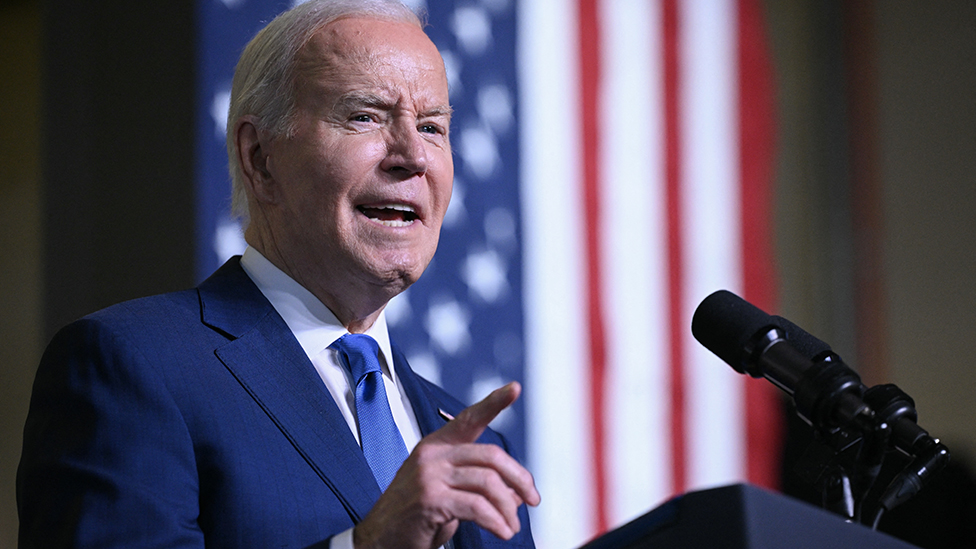President Joe Biden has indicated he will stop sending some American weapons to Israel if Prime Minister Benjamin Netanyahu initiates a significant invasion of Rafah, a city in southern Gaza. This decision marks a significant shift in Biden’s support for Israel’s military operations against Hamas, indicating that he is willing to condition American military assistance on Israel’s actions. The announcement follows intense criticism and pressure, even from Biden’s own party, due to the humanitarian crisis in Gaza and concerns over civilian casualties.
Biden acknowledged that American bombs have been used in Gaza, resulting in civilian deaths. While he supports Israel’s right to defend itself, he made it clear that he will not provide weapons if Israel invades heavily populated areas like Rafah without a plan for the civilians there. This move aims to encourage Israel to exercise restraint in its military operations.
The shift could create tension between Biden and Netanyahu, as the president’s position challenges Israel’s long-standing approach to dealing with Hamas. Despite his support for Israel’s security, Biden emphasizes the importance of avoiding civilian casualties and has paused shipments of high-payload munitions as a precaution.
In the broader context, Biden’s stance reflects the complexity of the Middle East conflict, the humanitarian crisis in Gaza, and growing domestic and international concerns about civilian safety. The president is seeking a balanced approach, supporting Israel’s defense while emphasizing the need for restraint in populated areas.
As for domestic issues, Biden continues to focus on promoting his economic policies and achievements. Despite positive job growth, Americans remain concerned about inflation and the rising cost of living. Biden acknowledges these worries and emphasizes his efforts to address them, pointing out the contrast between his administration’s successes and the lack of job creation under his predecessor, Donald Trump.
On the upcoming 2024 presidential election, Biden remains confident but cautions that his likely opponent, Trump, may not accept the results if he loses, which poses a risk to democratic norms. He continues to promote his economic achievements, including reducing hidden fees and creating jobs, while addressing public concerns about inflation and the high cost of living.















































